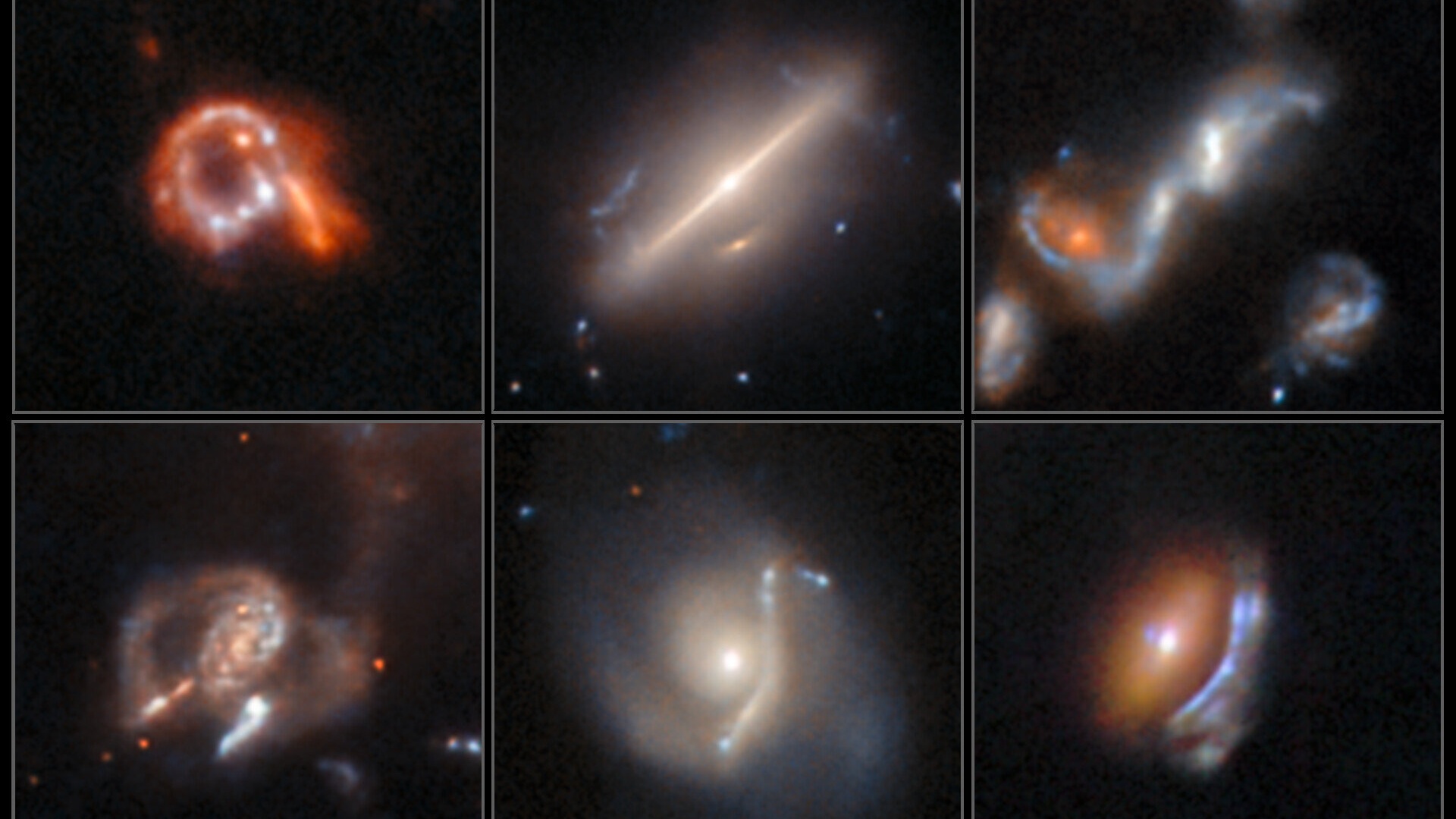Brilliant fireball explodes high in Texas sky before dawn (video)
No word yet on whether there were meteorites after a small space body broke up harmlessly Sunday (July 24), high in Earth's atmosphere.
Nearly 600 people saw a bright fireball break up over Texas on Sunday night (July 24), and some have even heard its sonic boom indicating pieces of the rock may have reached Earth.
Observers in a swath of territory including Louisiana, Mississippi, Oklahoma and the Lone Star State saw the bright meteor around 3:26 a.m. local time Sunday, according to reports by the American Meteor Society (AMS).
"The initial computer-generated trajectory shows that this fireball entered the atmosphere over Cistern, Texas, and its flight ended just a few miles west of Austin," EarthSky wrote of the event.
"Several witnesses near the flight path reported hearing a delayed sonic boom, indicating that meteorites from this fireball might have survived the fiery passage through Earth's atmosphere, and are now down on the ground," the report added.
Related: Brilliant fireball over Mississippi sparks loud booms (and satellite photos)
The fireball was largely caught in automatic doorbell cameras uploaded to the AMS website. Information on the potential size of the space rock, its origin, path and what size of meteorites to look for was not available. (While meteor is the bright flash of light known as the shooting star when a piece of space rock, a meteoroid, enters Earth's atmosphere, meteorite is the fragment that can be found on the planet's surface after surviving the passage. Most meteors don't produce any meteorites and burn completely.)
In general, those hunting for meteorites need to secure permission from any land owners before doing a search. Meteorites tend to be dark, scalloped and dense. Should you spot a potential meteorite, place it in a plastic bag or wrap it up using aluminum foil to keep the space rock uncontaminated. Then show it to a local science museum or facility to get it assessed.
Breaking space news, the latest updates on rocket launches, skywatching events and more!
Meteorites are interesting to scientists because they help shed light on chemical composition of asteroids and comets that cruise the solar system, nearly unchanged since their formation. Most meteorites are completely harmless as the body largely burns up in the atmosphere, although a tiny proportion of meteoroids can survive the passage and create damage on the ground.
NASA keeps track of much larger space bodies through its Planetary Defense Coordination Office and a network of telescopes. Small fireballs like this are too tiny for that network to catch, in most cases. No imminent huge threats to our planet have been spotted, but scientists keep looking just in case.
Follow Elizabeth Howell on Twitter @howellspace. Follow us on Twitter @Spacedotcom or on Facebook.

Elizabeth Howell (she/her), Ph.D., was a staff writer in the spaceflight channel between 2022 and 2024 specializing in Canadian space news. She was contributing writer for Space.com for 10 years from 2012 to 2024. Elizabeth's reporting includes multiple exclusives with the White House, leading world coverage about a lost-and-found space tomato on the International Space Station, witnessing five human spaceflight launches on two continents, flying parabolic, working inside a spacesuit, and participating in a simulated Mars mission. Her latest book, "Why Am I Taller?" (ECW Press, 2022) is co-written with astronaut Dave Williams.

